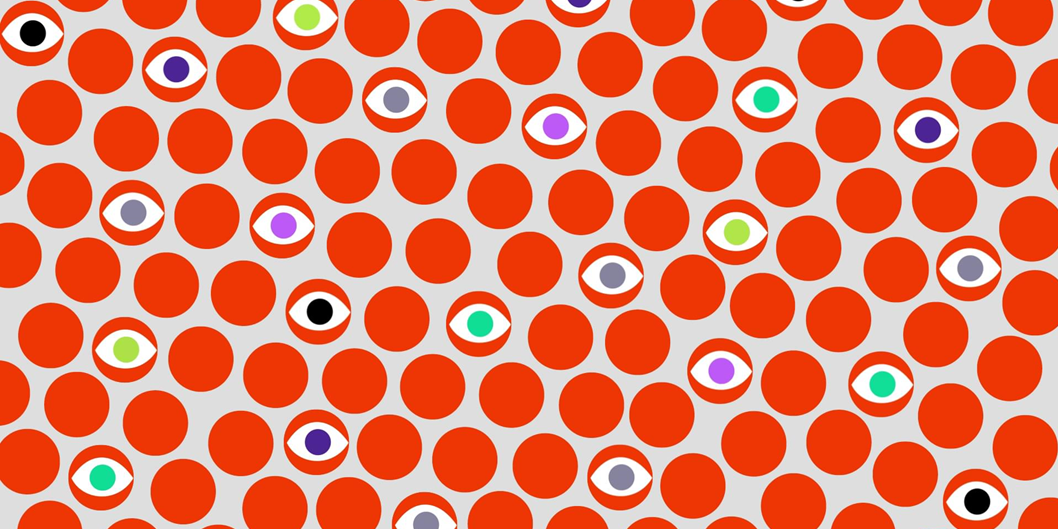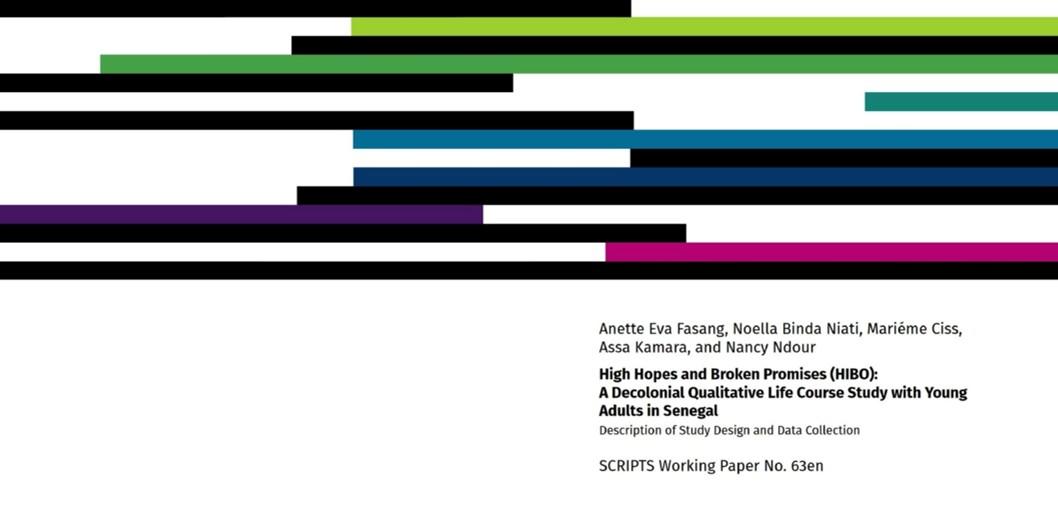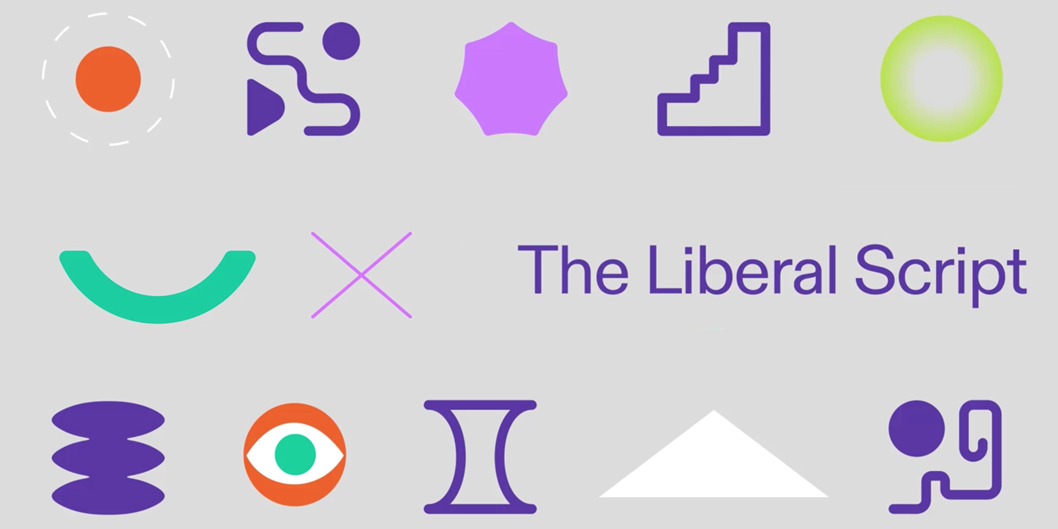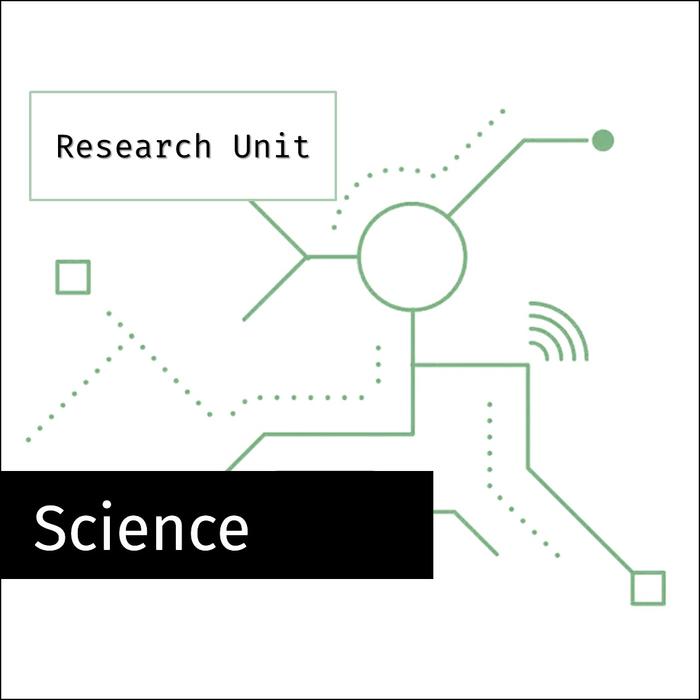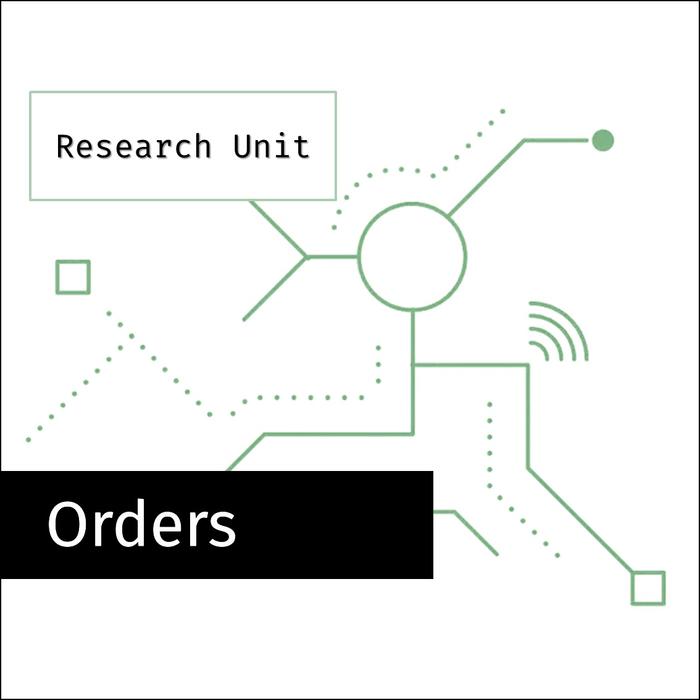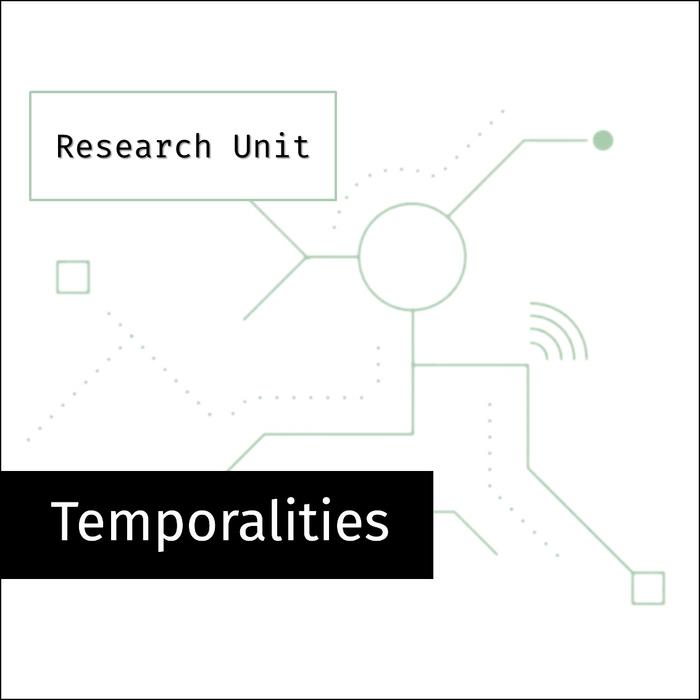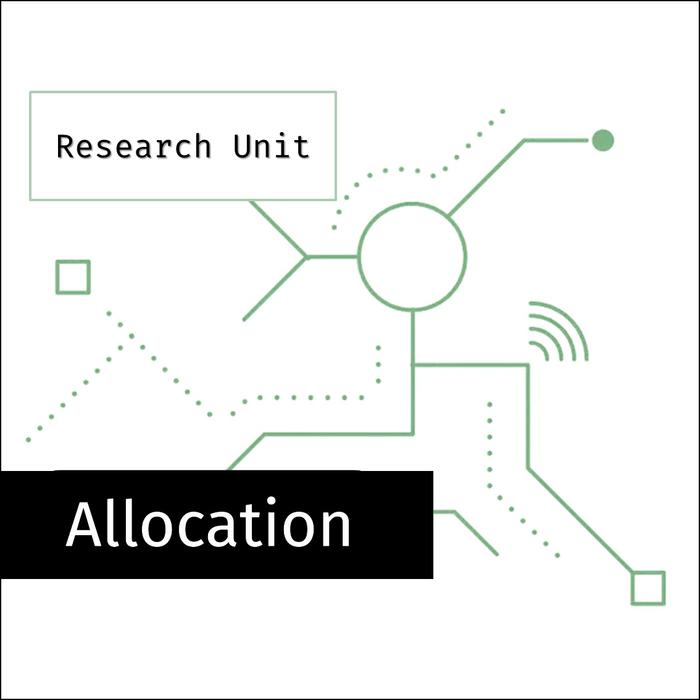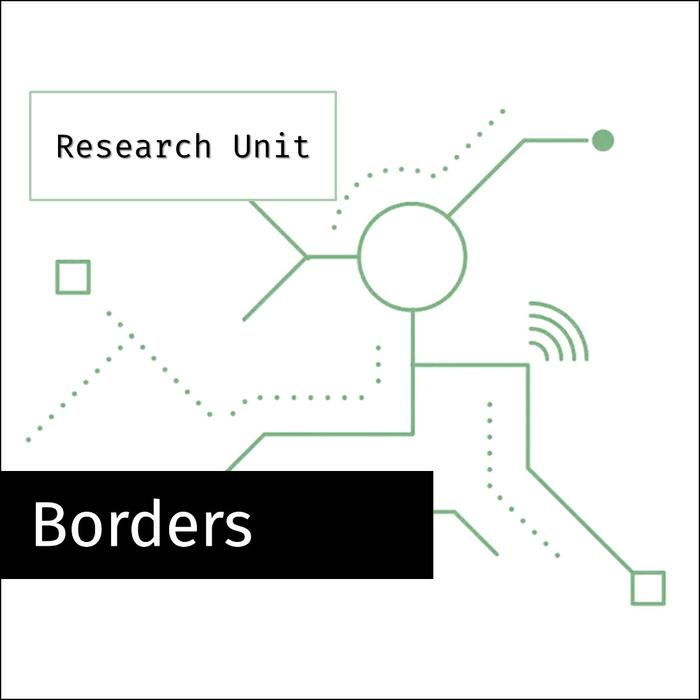Research Units (RU)
The research program is organized into five Research Units (RUs) that address central dimensions of the liberal script: Borders, Orders, Temporalities, Technology, Inequality and Freedom and Science. Each of these five consists of multidisciplinary research teams, systematically cutting across disciplinary and epistemic boundaries.
SCRIPTS Forum
The SCRIPTS Forum is a new annual format exploring the contestations of the liberal script. Led by PIs with diverse disciplinary expertise, it features seminars, workshops, and outreach activities while fostering interdisciplinary exchange and debate.
In 2026, the forum will focus on the theme “Emergent Digital (Dis-)Orders: AI Governance between Liberal and Authoritarian Scripts.”
Details on upcoming activities and the full programme will be available soon.
Data and Methodology Center
SCRIPTS is a research consortium that builds on the systematic collaboration of scholars from disciplines across the social sciences, area studies, and humanities. This methodological pluralism and critical reflection about data and methods is one of the features, and strengths, of SCRIPTS.


